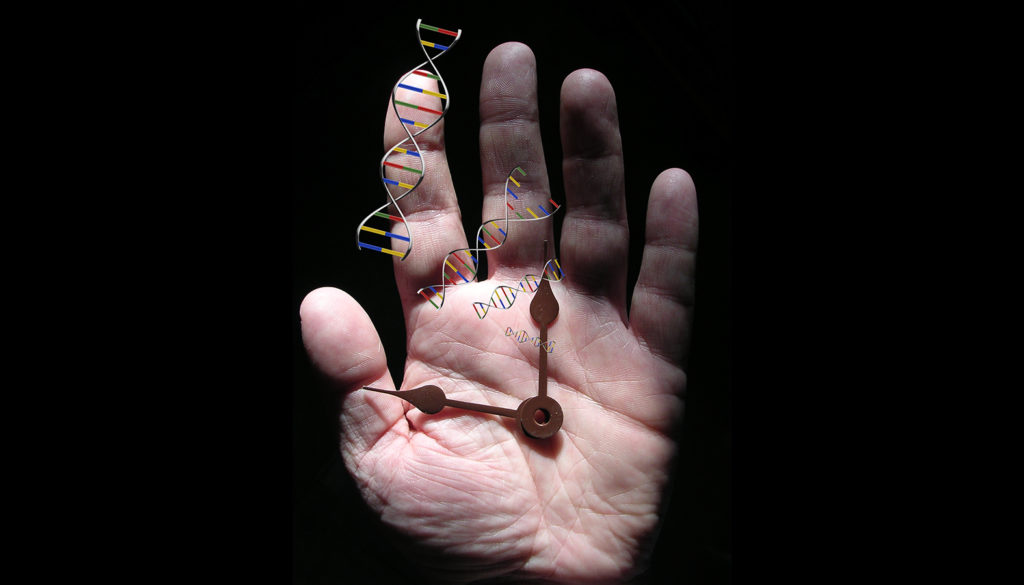Steve Horvath is a smart guy. How do I know that? He has not three, but six initials after his name. I know what Ph.D. means, but I am not smart enough to know what Sc.D. means.
Horvath’s research focuses on DNA and how it relates to our current and — here is where it gets scary — future health. Horvath describes his research as studying “underlying biological aging processes down to the epigenomic function of cells and tissues of cells and help to explain discrepancies in the manifestation of aging.”
In layman’s terms, it is the study of how our cells get old and lose their ability to function as efficiently at 60 as they did when they were 30. Anyone who has traveled this road already knows full well they do not need a peer-reviewed scientific paper to tell them that when they get to a certain age, they begin to hurt in places they never knew they had.
Horvath’s much deeper study of how DNA — responsible for how every cell in our bodies performs — changes over time, and impacts and is impacted by how we live. This process of studying the status of a given patient’s cellular health and predicting their eventual life cycle has been given a name: the Horvath Clock.
Horvath’s research seems to be introducing a time when our DNA will tell not our chronological age, but our true age. Still in its infant stages, this technology can predict things like the onset of heart disease, cancer, diabetes, and other ailments merely by studying and mapping out how all those microscopic strands of DNA in our bodies are plugging away.
Forget about all the artificial intelligence horror stories; if this kind of DNA research continues on the path it is on, we will someday all have to take this test to determine how long we have to live, and when we can expect to die. Here comes the even scarier part: It is well within the current imagination to expect some future artificial intelligence with an Orwellian-appropriate name like the “Ministry of Compassion” to determine if our life has enough time and meaning left to warrant the prescription of medical intervention.
Though we live in a time where science has replaced religion in many lives and appears to hold the all-knowing and irrefutable truth every human craves, in essence it is only a tool. And like all tools, it is only as good or bad as we humans use it. Opioids prescribed by doctors to relieve the agony of spinal surgery are a good thing. Opioids being ingested in an alley on Skid Row in downtown Los Angeles are not. The genie of being able to predict with scientific accuracy how much time any one of us has to live is about to come out of the bottle. And as it is with all genies, putting them back in the bottle is always problematic, whether it is the splitting of atoms for military purposes or rewriting God’s own gender framework.
Jesus told us that we would not know the day and time when death would come to our door. Even if this technology comes to fruition, a future Horvath could be walking across the street with the result that he was going to live to 100 and then get hit by a bus. Any one of us is always on the clock one way or the other.
There is a solution, and thankfully it comes through the doorway first cracked open in the Old Testament and then swung wide by Jesus. From Isaiah to the four Gospels, we are constantly reminded not to be afraid. At the same time, we are cautioned by prophets and the Lord to be ready when the inevitable comes. It sounds so comforting when we read it; it seems harder to grasp when things happen in life that makes us worry and reveals the universal birth defect that may not be found in any strand of DNA … feet of clay.

